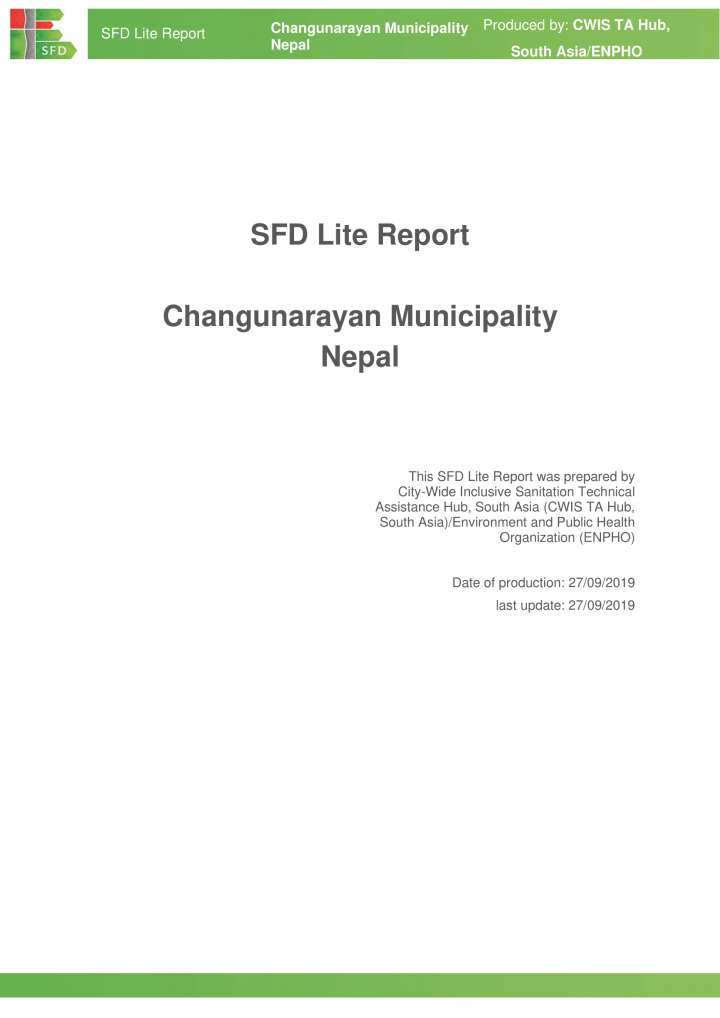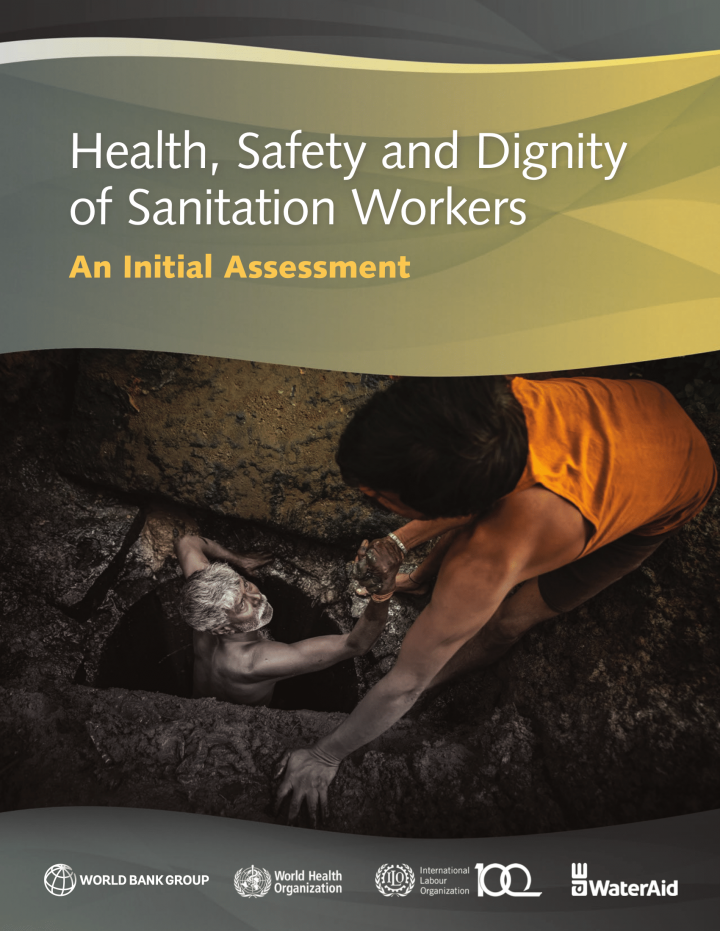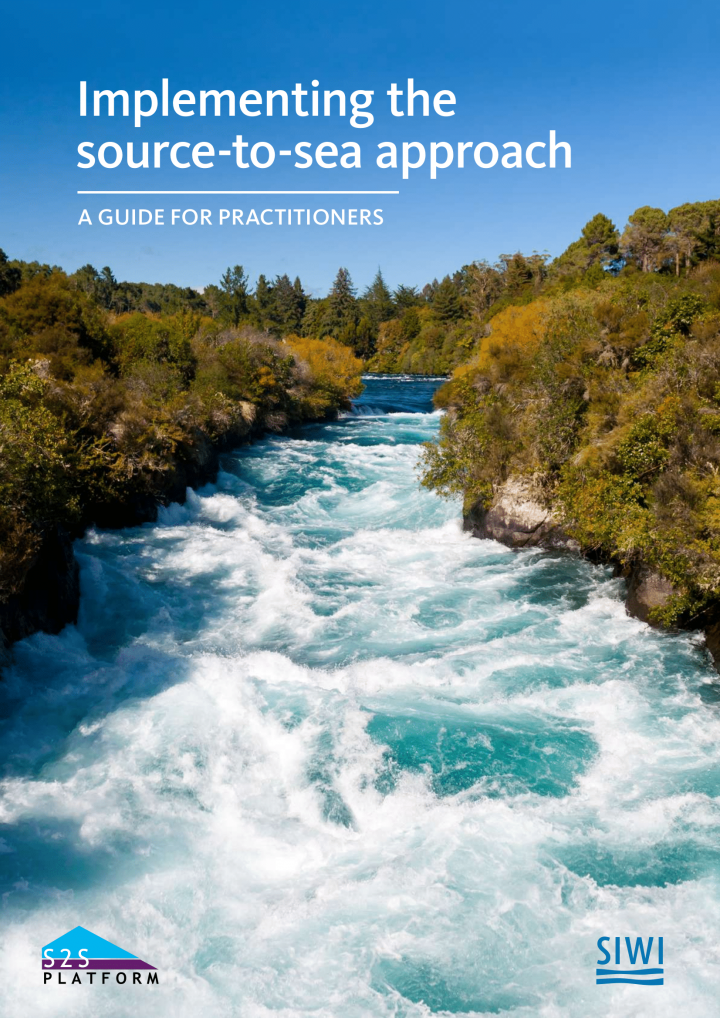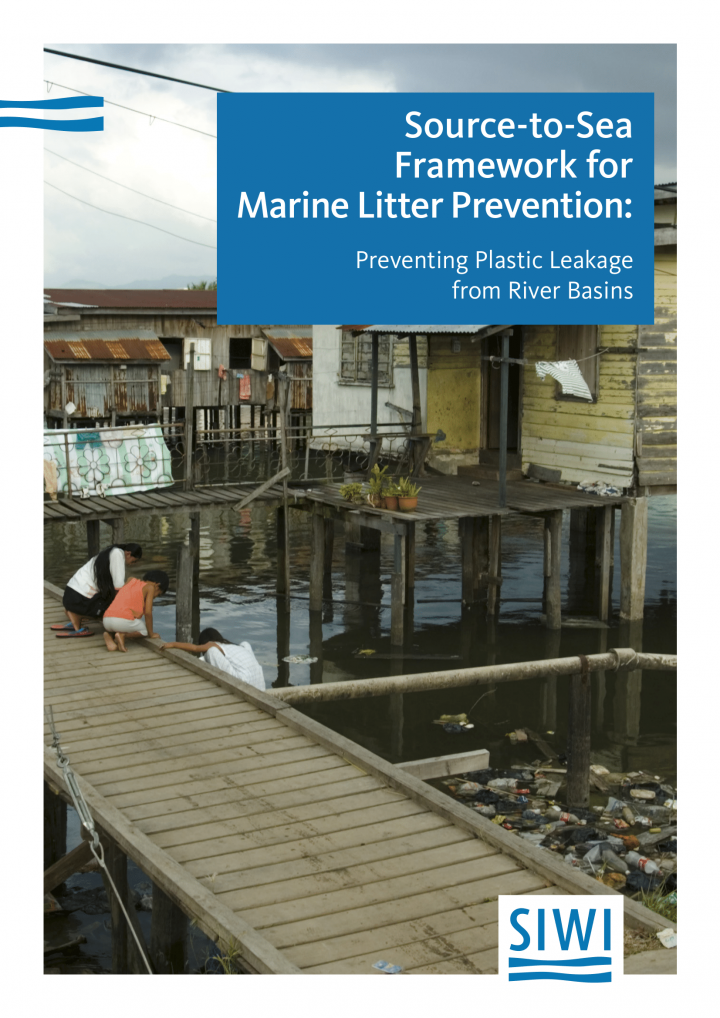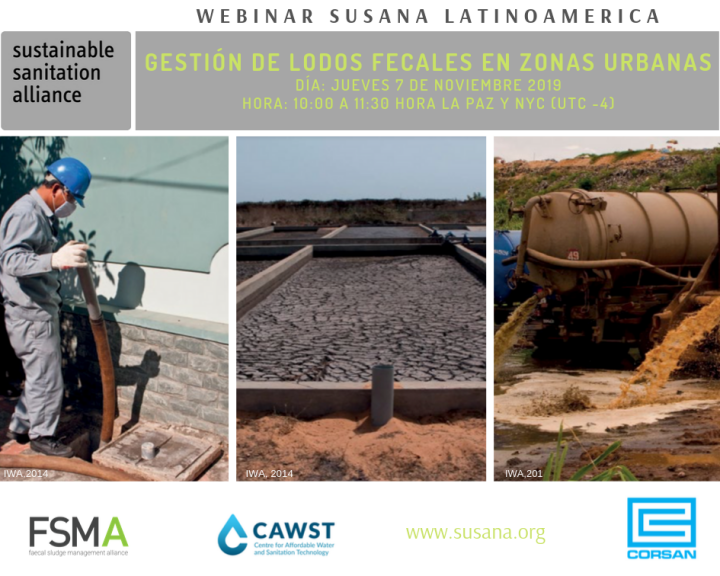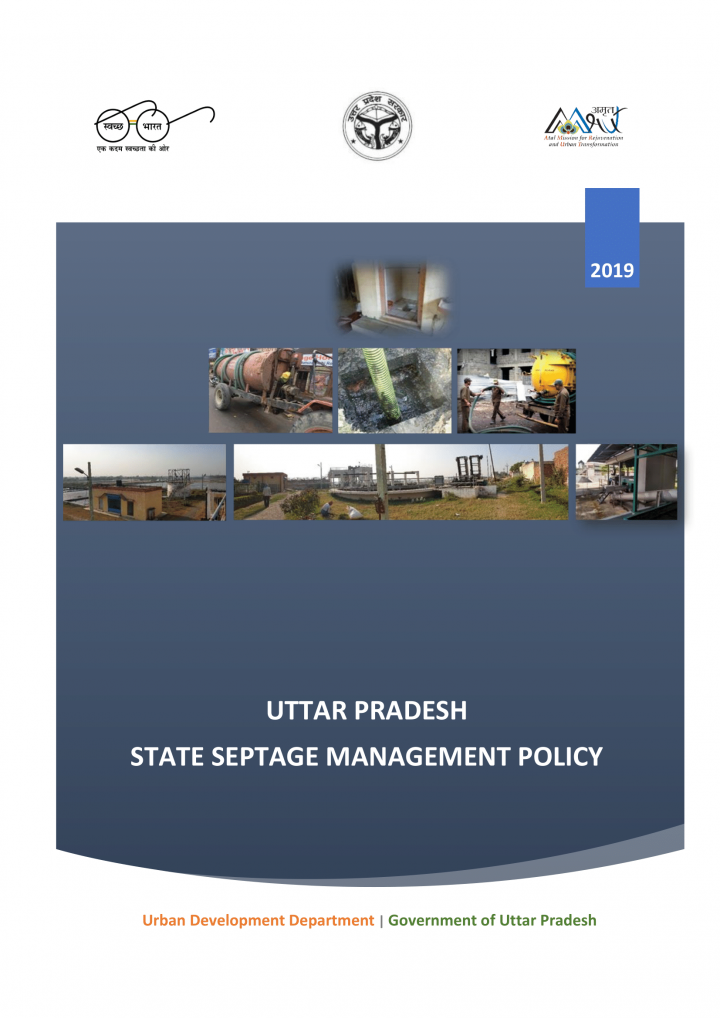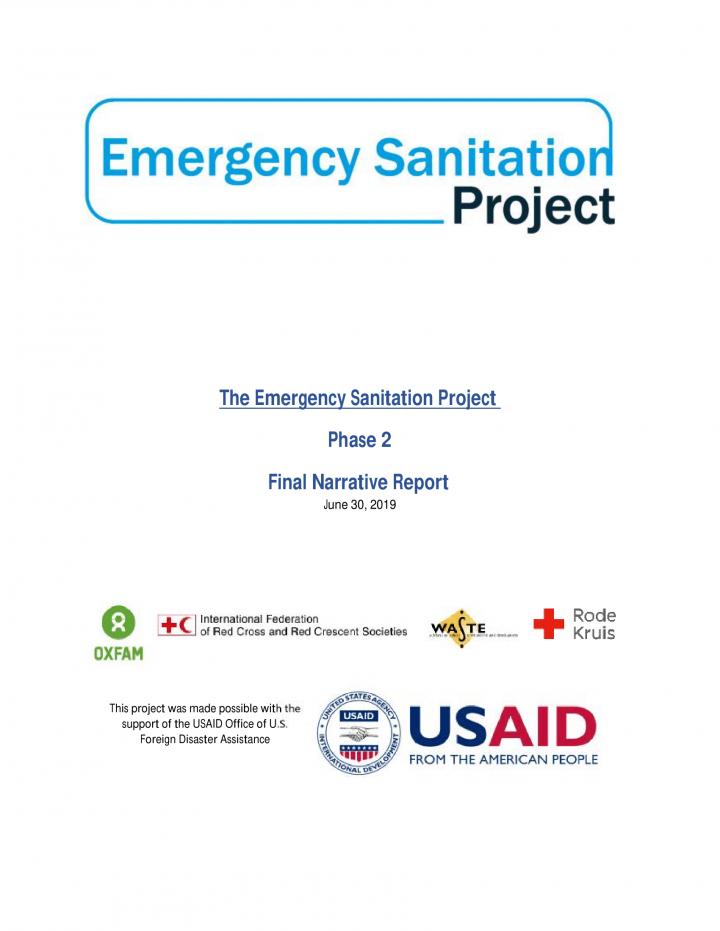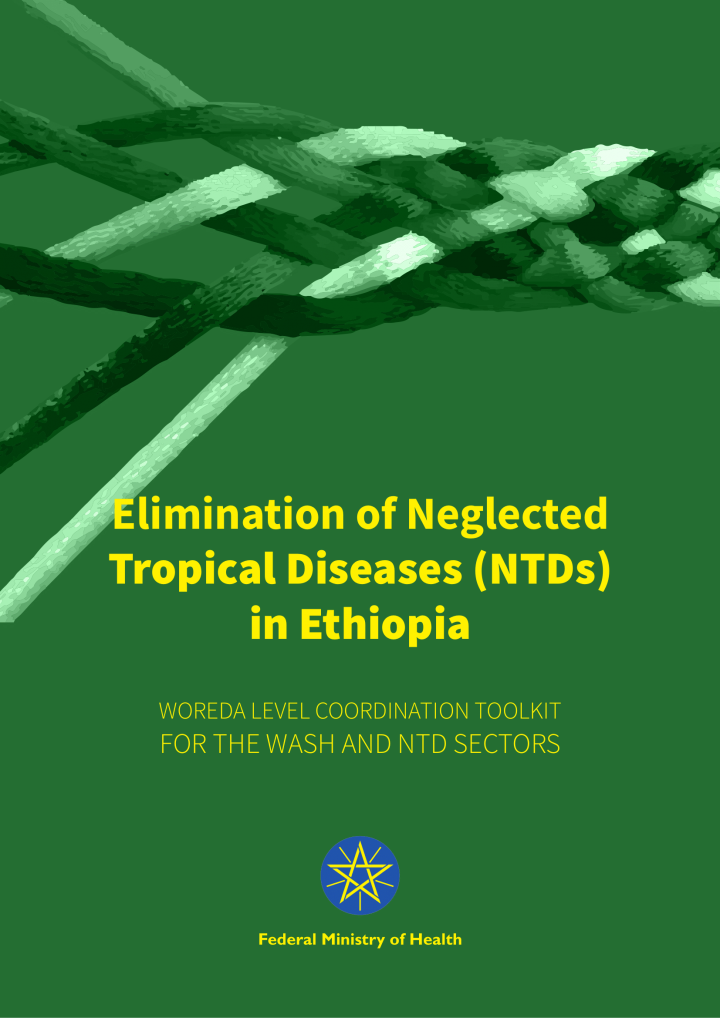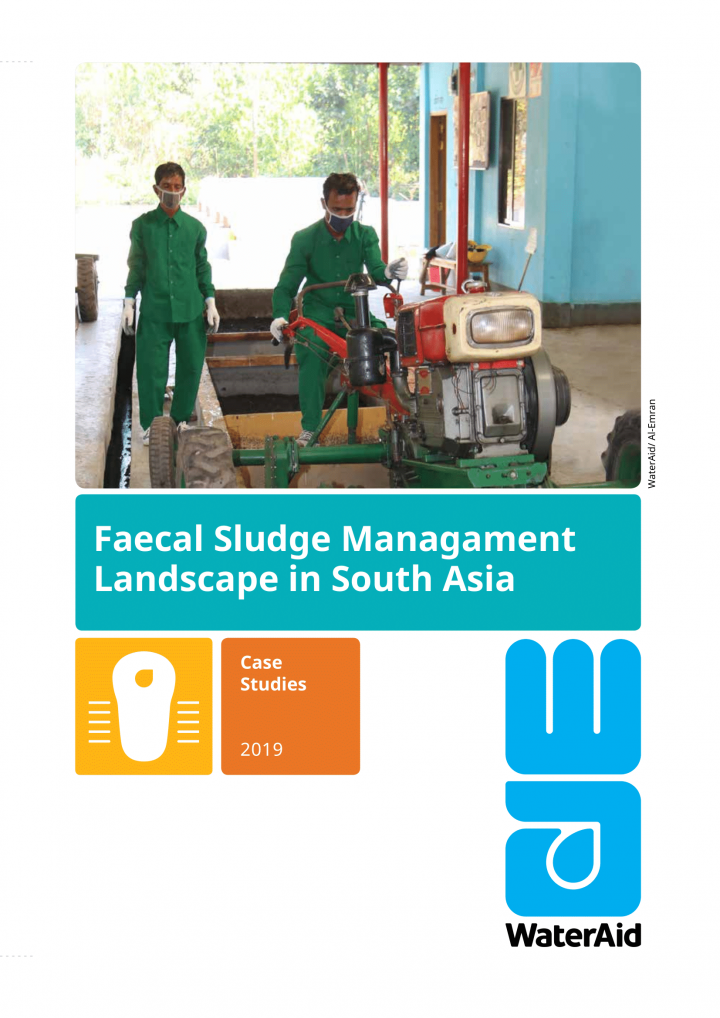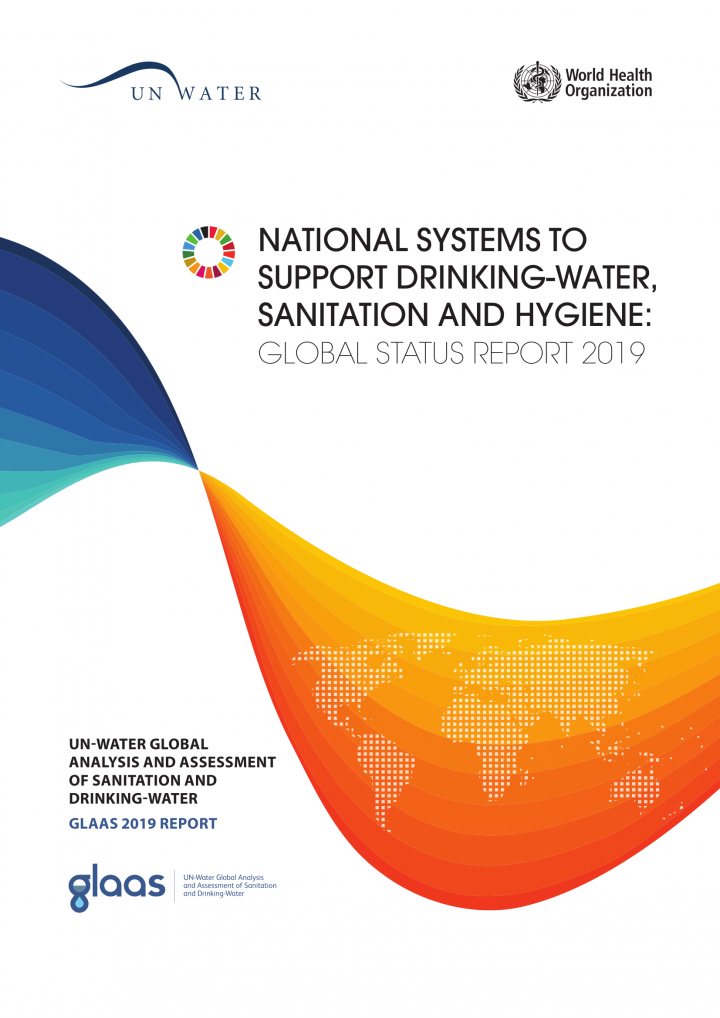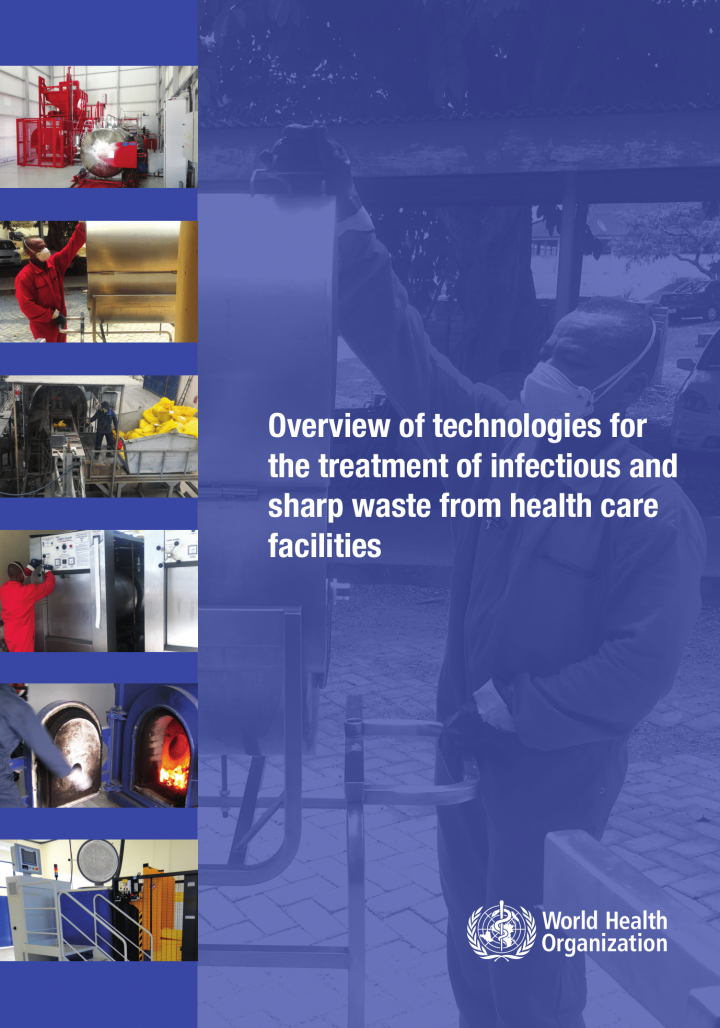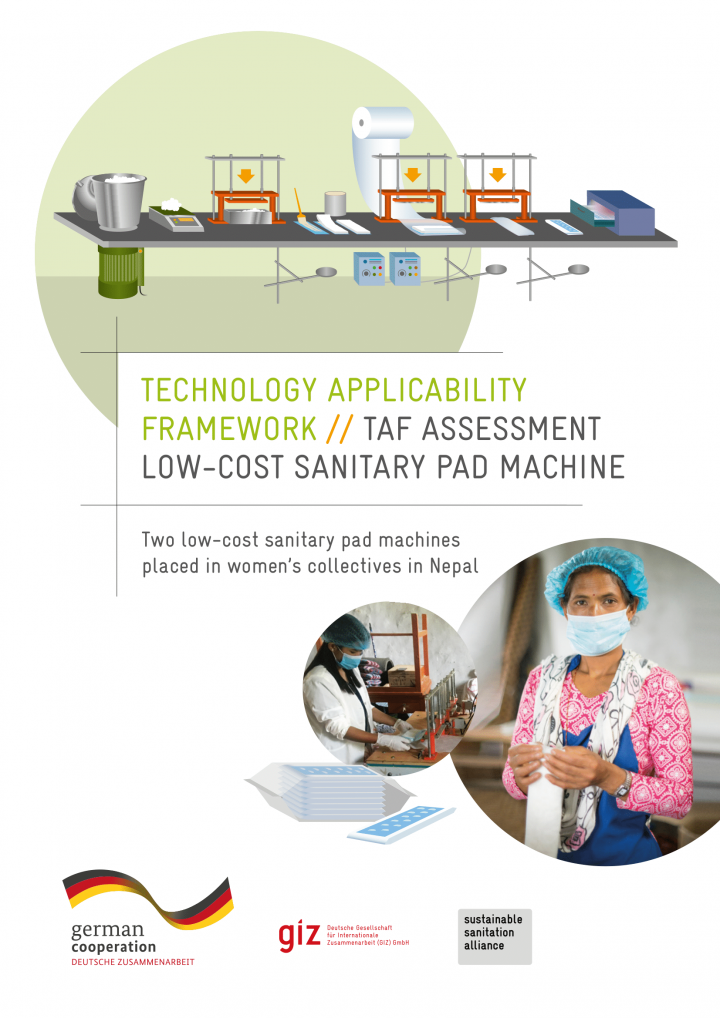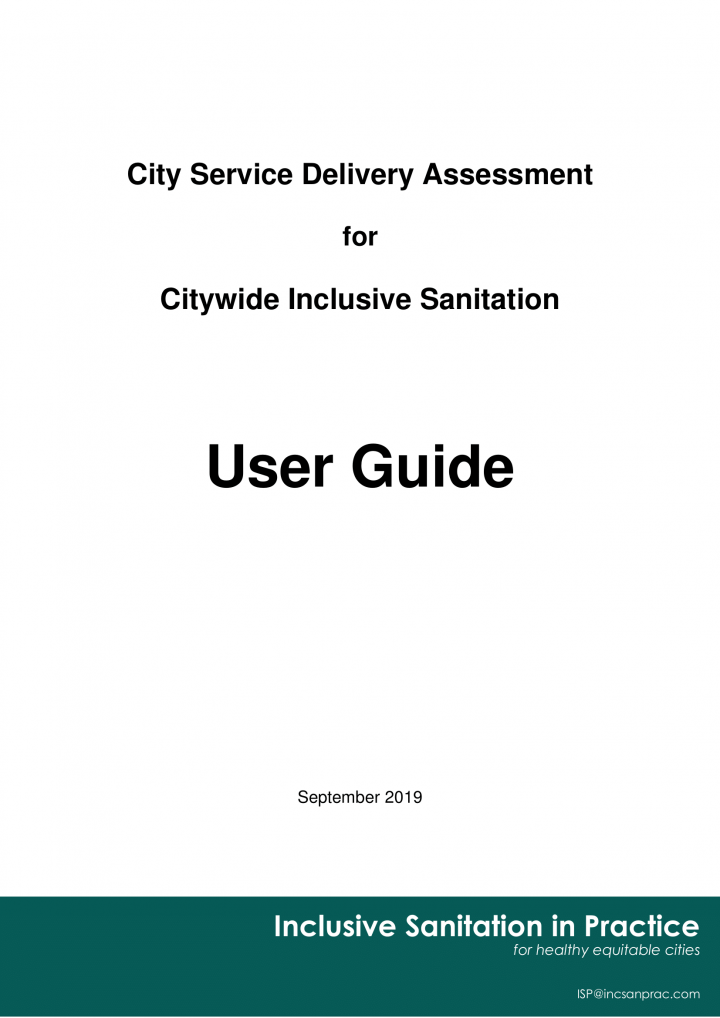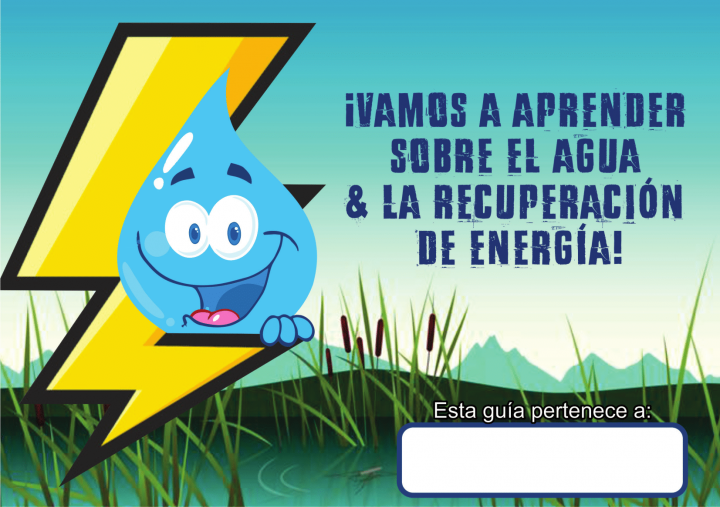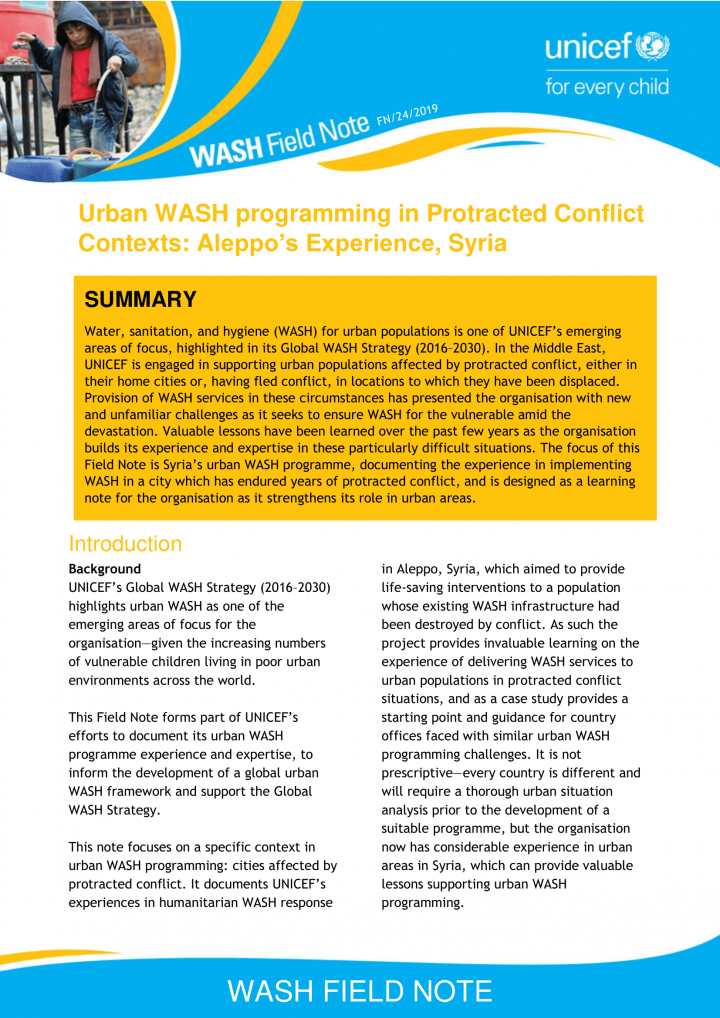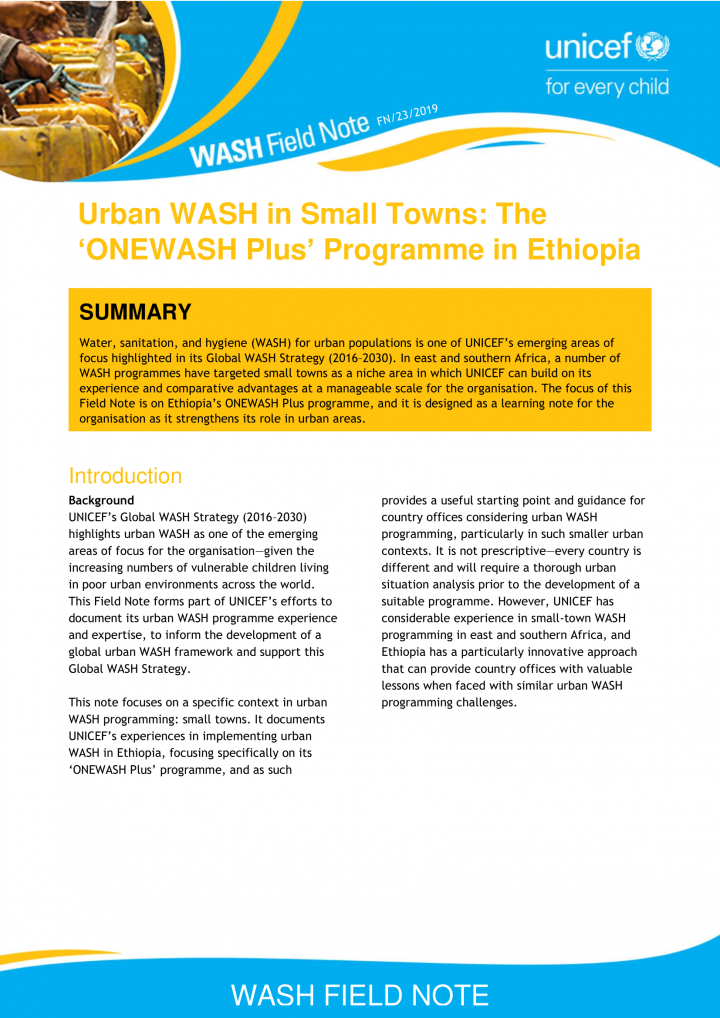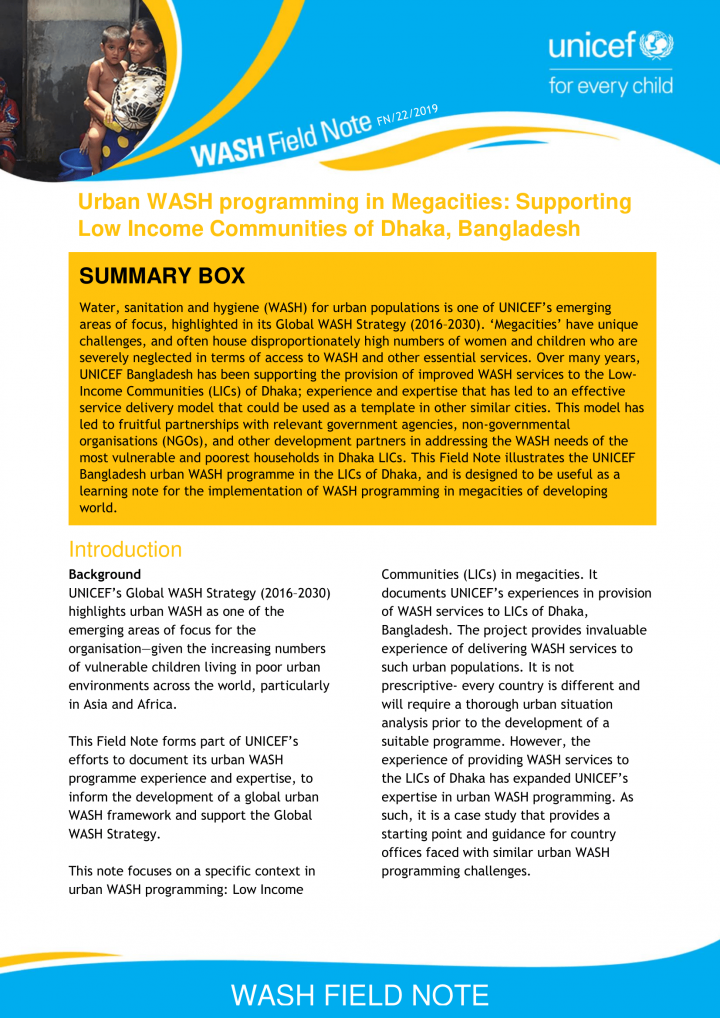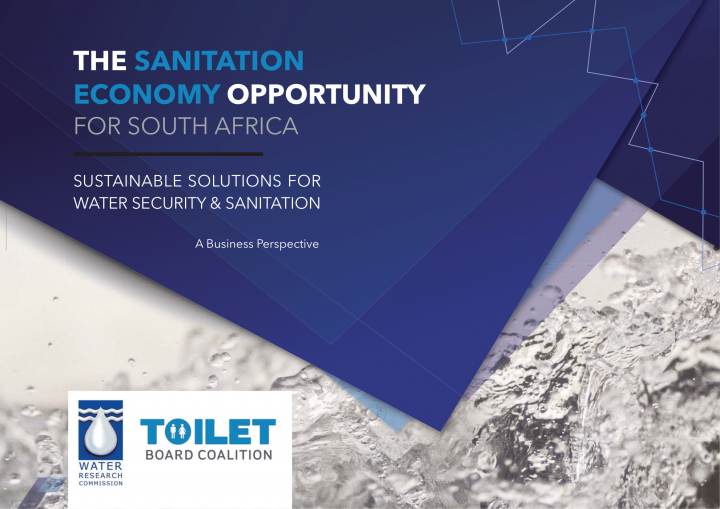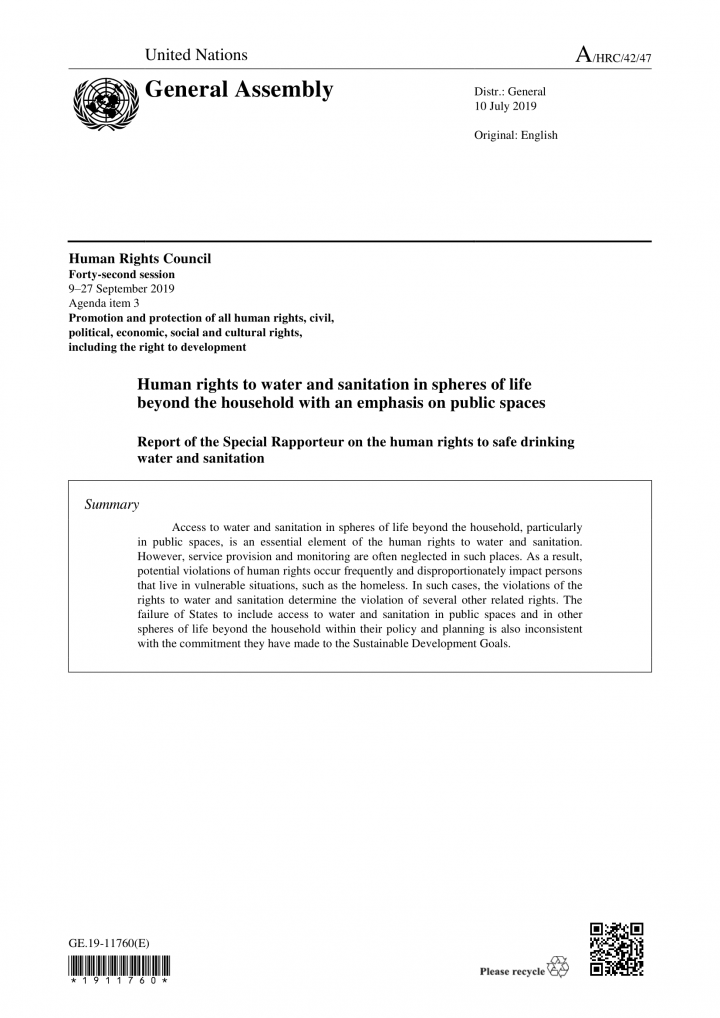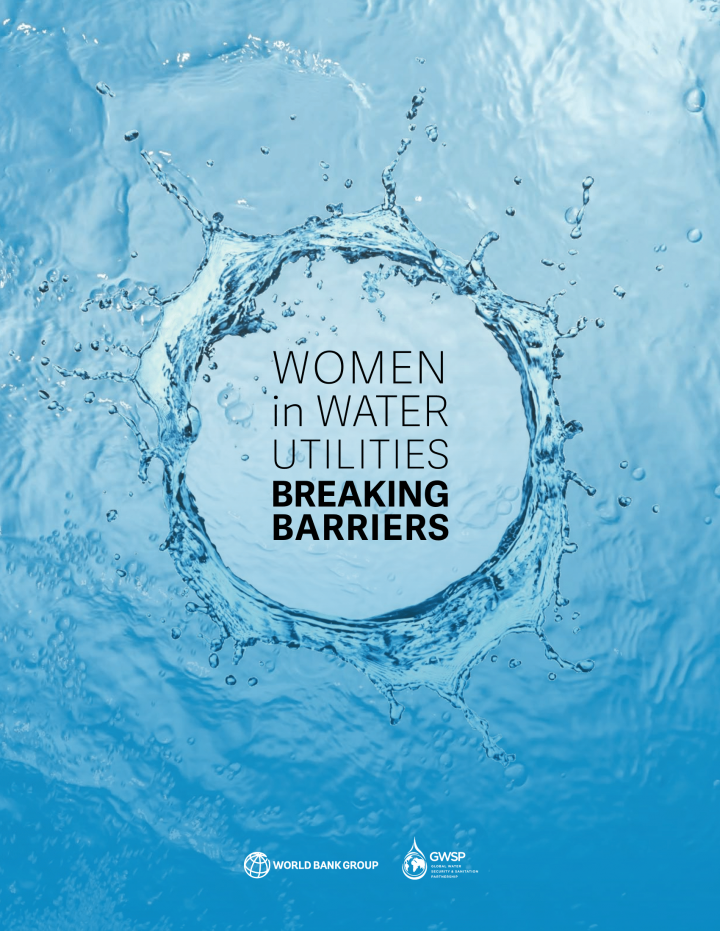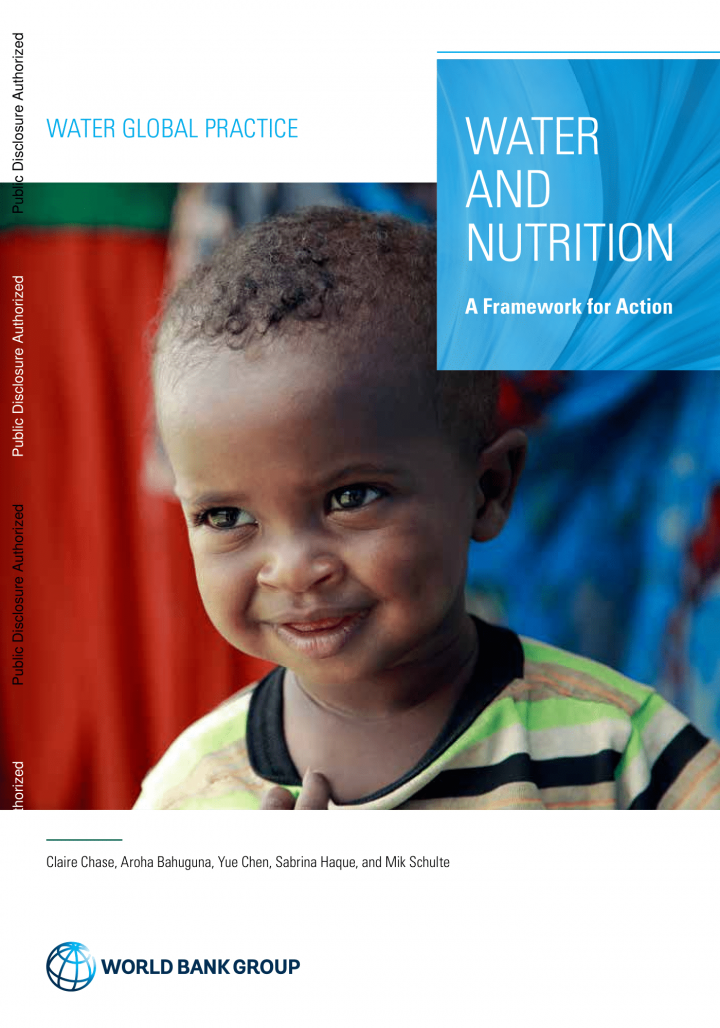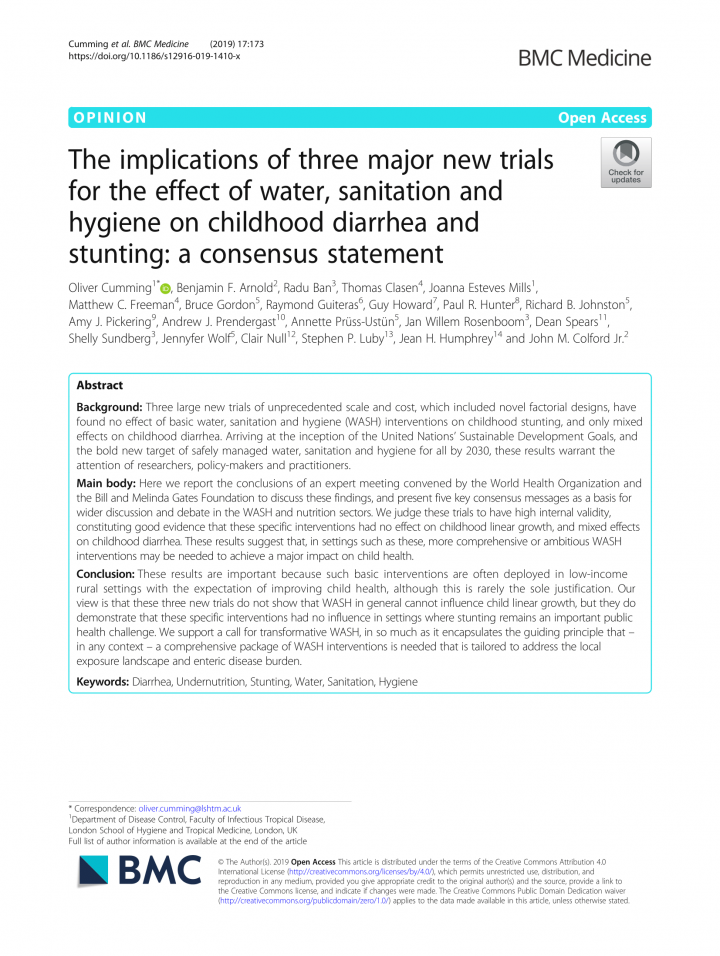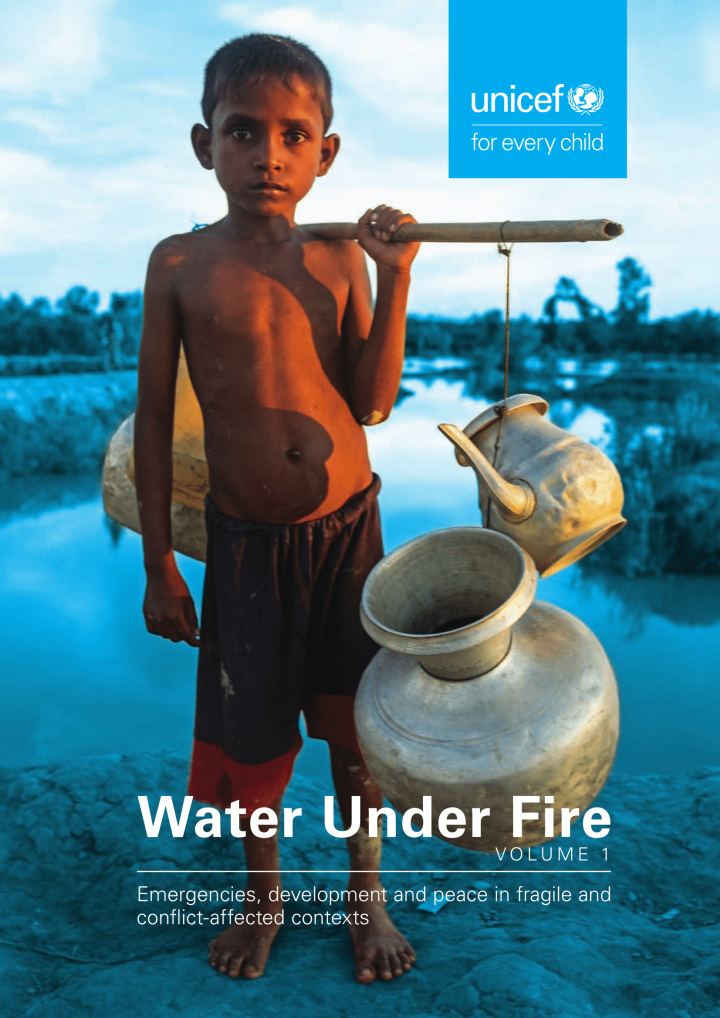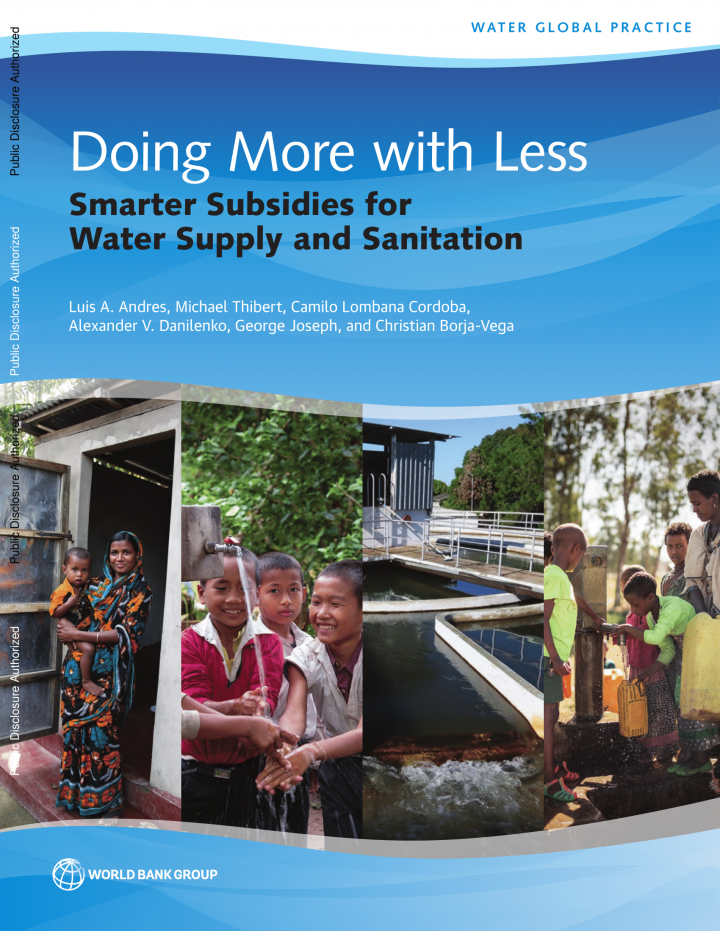Searching for information on Sanitation Workers?
The Sanitation Workers Knowledge + Learning Hub is the best source for all current news, trends, articles and updates on sanitation workers rights around the world.
Changunarayan Municipality is one of the historical places located in Bhaktapur district in Province no. 3 of Nepal. The municipality carries historical and archaeological significance and was named from the ancient temple of Nepal i.e. Changunarayan temple, enlisted in World Heritage site (Figure 1). The municipality was formed in 2017 (2073) by merging former Village Development Committees …
The global sanitation workforce bridges the gap between sanitation infrastructure and the provision of sanitation services. Sanitation workers provide an essential public service but often at the cost of their dignity, safety, health, and living conditions. They are some of the most vulnerable workers. They are far too often invisible, unquantified, and ostracized, and many of the challenges they …
Only quite recently have we come to truly understand the many important linkages between land, freshwater and oceans. Generally, terrestrial, freshwater and marine specialists have tended to work independently from one another, with limited interaction. But with new insights into the complex relationship between different ecosystems – on land and in rivers, deltas, estuaries, nearshore and in …
This report presents a framework for preventing marine litter based on the source-to-sea conceptual framework presented in Granit et al., 2017 and the practitioners’ guidance for implementing the source-to-sea approach in Mathews et al., 2019. Addressing issues from the holistic perspective of the source-to-sea system and strengthening coordination between sectors is central to the …
In Spanish: Este webinar nos mostrará diferentes experiencias en la gestión de lodos fecales, evaluando la magnitud de esta problemática y las principales limitaciones que deben ser superadas para mejorar la gestión de lodos fecales en nuestra región.
Esa entrada de la biblioteca contiene las presentaciónes del webinar 2: "Gestión de lodos fecales en zonas urbanas"
- Gestión de …
The goal of the Uttar Pradesh State Septage Management Policy (UPSSMP) is to improve water quality and protect public health in urban areas of the State by 2023. The objective is to enhance the ability of local implementers to build and operate septage treatment systems for urban centers and promote the behavior change and supporting environment needed for systems to be effective and sustainable. …
With increased urbanization and regulatory scrutiny, the ability of humanitarian agencies to use the simple pit latrine to safely manage human waste in emergencies will decline. When a latrine is not suitable, the response options become exponentially more complicated. Different toilets must be constructed. The contents must then be removed and treated. This is as complicated and expensive as it …
Neglected Tropical Diseases (NTDs) affect more than ten percent of the world’s population, primarily among the poorest populations. In Ethiopia, more than 75 million people are at risk of infection of at least one neglected tropical disease. NTDs cause suffering, blindness, disability, and delays in physical and cognitive growth which impact a person’s ability to go to school and work, thus …
Some cities in the South Asian countries of Bangladesh, India and Nepal have established interventions around faecal sludge management (FSM). The purpose of this study is to identify and disseminate best practices and lessons learned on how to make FSM an integral part of urban sanitation service delivery in cities and towns in South Asia both with and without sewerage systems. This study draws …
There is widespread recognition that sustainable and effective WASH service delivery is not only determined by the state of infrastructure, but also by complex institutional, governance and financial management systems. While a “system” may be interpreted or defined in different ways, core elements examined by the UN-Water Global Analysis and Assessment of Sanitation and Drinking-Water …
Presentations (download from conference website, see external link below, or go to: https://fsm5.susana.org/en/downloads/conference-materials):
Conference convenors:
Bill & Melinda Gates Foundation
BORDA
Eawag-Sandec
Deutsche Gesellschaft für Internationale Zusammenarbeit (GIZ) GmbH
Inclusive Sanitation in Practice (IPS)
Sustainable Sanitation Alliance (SuSanA)
University of …
Safe health care waste management, including segregation, collection, transport, treatment and waste disposal, is fundamental to wider efforts to provide safe and quality health care. Safe health care waste management practices also support a number of the UN Sustainable Development Goals (SDGs), including Goal 3 on health, Goal 6 on safely managed water and sanitation, Goal 7 on climate change …
This Technology Application Framework (TAF) Publication assesses two low-cost sanitary pad machines placed in women’s collectives in Nepal.
The German Development Cooperation through GIZ has started to be involved in Menstrual Health after the 2015 earthquake. A programme implemented by Nepal’s Ministry of Health and Population and facilitated by the German Development Cooperation has sought …
What is the CSDA tool?
A Faecal Waste Flow Diagram (SFD) illustrates what the sanitation situation is citywide, but not the underlying reasons for that situation. The City Service Delivery Assessment (CSDA) is a complementary tool to assess why the situation is as it is. It supports a systematic process for working with stakeholders to assess the enabling environment for citywide inclusive …
Educational projects on new technologies for wastewater treatment and resource recovery in developing countries are not so common. For this reason, a group of early-stage researchers developed an educational outreach tool (ODT) including a selection of these new topics for primary school students in rural areas of Peru. Tangible materials like booklets, microbial fuel cell (MFC) kits, bottle …
Water, sanitation, and hygiene (WASH) for urban populations is one of UNICEF’s emerging areas of focus, highlighted in its Global WASH Strategy (2016–2030). In the Middle East, UNICEF is engaged in supporting urban populations affected by protracted conflict, either in their home cities or, having fled conflict, in locations to which they have been displaced. Provision of WASH services in …
Water, sanitation, and hygiene (WASH) for urban populations is one of UNICEF’s emerging areas of focus highlighted in its Global WASH Strategy (2016–2030). In east and southern Africa, a number of WASH programmes have targeted small towns as a niche area in which UNICEF can build on its experience and comparative advantages at a manageable scale for the organisation. The focus of this Field …
Water, sanitation and hygiene (WASH) for urban populations is one of UNICEF’s emerging areas of focus, highlighted in its Global WASH Strategy (2016–2030). ‘Megacities’ have unique challenges, and often house disproportionately high numbers of women and children who are severely neglected in terms of access to WASH and other essential services. Over many years, UNICEF Bangladesh has been …
The Water Research Commission and the Toilet Board Coalition have come together to identify the business opportunities in the Sanitation Economy specific to Africa.
Our sanitation challenge in South Africa is a continuous
one. Dealing with the inequities of the past, coupled
with a dichotomy in society through apartheid spatial
planning and the new perils of nature in the form of
climate …
Access to water and sanitation in spheres of life beyond the household, particularly in public spaces, is an essential element of the human rights to water and sanitation. However, service provision and monitoring are often neglected in such places. As a result, potential violations of human rights occur frequently and disproportionately impact persons that live in vulnerable situations, such as …
Utilities can play an important role in reducing and eliminating barriers faced by women. This study presents a first-of-its-kind analysis that aims to heighten understanding of key barriers and bottlenecks that women face in their career in the water sector and identify interventions that water companies can put in place to increase gender diversity in the water workforce. The report draws on …
This framework for action was developed to support the inclusion of nutritional considerations in the design of water operations and to help formulate nutrition-enhancing water policy. Chronic undernutrition early in life can cause cognitive and physical impairments that prevent children from achieving their full potential and have lasting consequences on the human capital that is essential for …
Background:
Three large new trials of unprecedented scale and cost, which included novel factorial designs, have found no effect of basic water, sanitation and hygiene (WASH) interventions on childhood stunting, and only mixed effects on childhood diarrhea. Arriving at the inception of the United Nations’ Sustainable Development Goals, and the bold new target of safely managed water, …
Every child has the right to water and sanitation. And yet globally, in fragile and conflict-affected contexts, 420 million children lack basic sanitation and 210 million children lack access to safe drinking water. UNICEF launched the Water Under Fire campaign in March 2019 to draw global attention to three fundamental areas where changes are urgently needed to secure access to safe and …
In this report, we explore the question of how scarce public resources can be used most effectively to achieve
universal delivery of WSS services. To inform our discussion, we analyze subsidies in the sector, including
their magnitude, their efficacy in achieving their policy objectives, and the implications of poor design. We then provide guidance to policy makers on how subsidies can be …

